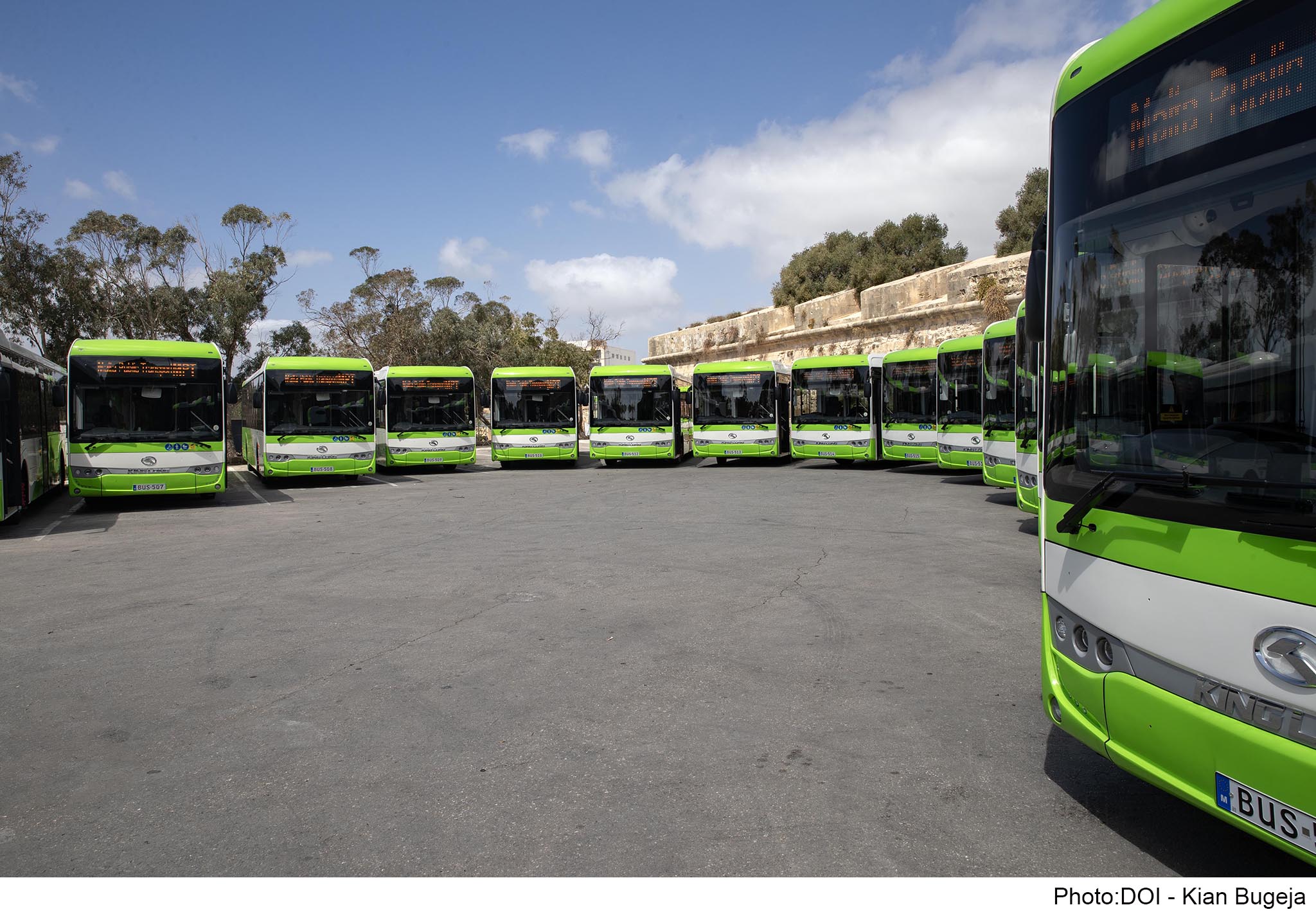The European Union’s Single Market has been a success by any measure, creating the world’s largest customs-free zone where businesses and people can operate across borders with minimal regulatory restrictions. Most remaining barriers to trade are linguistic and cultural, which are difficult to change through further regulation, if that is even desirable.
A recent Foreign Affairs article argues that the EU and US single markets are very different beasts, with EU constraints to cross border trade largely coming in despite of unparalleled regulatory convergence, as opposed to the US, which has more significant legal and technical barriers to trade, but which also has higher interstate trade due to particular social and cultural factors.
The authors, Craig Parsons and Matthias Matthijs, both established academics in the field European studies, observe that despite the EU’s “aggressive reduction of interstate barriers”, the union’s heterogeneous citizens still move and trade across borders in comparatively modest numbers.
“As a result, the economic gains from this project are bought at a relatively high political price. EU member states have given up regulatory discretion and policy levers that US states retain, and in return, they have gotten cross-border opportunities that appeal to a relatively small portion of their electorates. EU policies have restricted the room for national-level democratic choices even though there are far more diverse populations across EU member states than across US states.”
Dr Parsons and Dr Matthijs go on to recommend that the EU should celebrate the achievements of the Single Market while frankly discussing which trade barriers and ensuing costs “should be accepted in the name of democracy and flexible policymaking at lower levels”. Recognising the limits of Europe-wide regulations will however require “stronger tools of fiscal solidarity and joint investment to manage the asymmetric shocks that inevitably arise in such a diverse space” – with the NextGenerationEU programme, funded through the historic issuance of EuroBonds, held up as an example of what jointly financed EU initiatives could look like.
BusinessNow.mt reached out to Peter Agius, a PN spokesperson who has held several roles in EU institutions, and Clint Flores, Executive Head on Environmental, Social and Governance affairs (ESG) at Bank of Valletta and formerly a Political and Security Committee Ambassador with Malta’s Permanent Representation to the European Union, to get their thoughts on the state of the Single Market today, and Malta’s place within it.
The pandemic’s effect on long-standing differences

Mr Flores agrees with Dr Parsons and Dr Matthijs: “Verily, there is a cultural and social difference between member states. For instance, what works in the north doesn’t necessarily work in the southern part of the EU, and that creates additional barriers. There is also a difference in the school of economic thought around the table between the net payers and net beneficiaries.”
He recalls this “stark difference” coming to light right after the financial crisis, as most of the policies imposed on Greece, and any other member state that needed a bail out, were completely based on the IMF programme advocating an austerity programme, which he describes as “the antithesis of economic growth and Keynesian economics”, pointing out that it served to fuel populism and reinforced the far right narrative.
Come the pandemic, the EU’s approach was very different, however. “Politically and economically, member states were on a different trajectory relative to the post financial crisis position. The EU couldn’t afford to leave Member States on their own, and there were also ensuing important elections that could have put Europe astray (wrong path if the populists won say in France).
Malta and the European Single Market
Dr Agius notes that although the EU was meant to complete its Single Market in 1985, over time there was the realisation that the task is never complete, requiring a constant effort to harmonise and eliminate bottlenecks to freedom of movement.

“One can think that we achieved harmonisation on a product, for instance motor vehicles, but new developments contest our satisfaction, for instance, about harmonisation of electric vehicles, and standardisation of charging stations. Europeans want to live in a wider European space of freedoms and this requires a coordinated European effort to secure these freedoms. For this reason, we need to keep on completing the single market, every single day,” he says.
He insists however that “we must do more” to ensure that European harmonisation is used as an opportunity rather than a burden for Maltese business. This, he says, requires more anticipation of developments by public authorities and effective communication of information to businesses, so these could adapt and capture new markets ahead, and not after, the competition.
“We are not playing the game well enough. Take, for example, the recent trucking directives and the single use plastic directive. [Another prominent example is the EU-UK trade agreement, which had a deep impact on the local car market.] We must be more on the ball if we want to compete and succeed in the European single market.”
With reference to the increasing calls for insularity and remoteness to be given their due importance when drafting European legislation, due to the outsized impacts certain rules can have on a small island nation like Malta – calls also being made by Dr Agius himself, most prominently in a submission to the Conference on the Future of Europe on the need for an ‘insularity test’ – he says Malta must strive to adapt the EU to better fit our local needs.
“We are an island with very particular needs in some areas. Malta’s EU continued success in the EU requires our determination to keep adapting the Union to those particular needs.”
Too much Europe?
One area Dr Agius believes the EU may be overstepping its bounds is in the area of Foreign Direction Investment (FDI). “I see the EU’s efforts to introduce rules on FDI in critical national infrastructure with some scrutiny. I think that each Member State needs to retain a good margin of flexibility to attract FDI. I do see the need to ensure that foreign jurisdictions do not use Member States investments as political leverage but to secure that we must increase the ability of Member States to conduct intelligence and risk assessments rather than replace their competences.”
Mr Flores on the other hand brings up the differences between the fiscal rules for eurozone and non-eurozone members. “Needless to say, those member states that aren’t part of the eurozone have the advantage of additional manoeuvre, and that creates additional disparities in the way the EU is designed.”
War in Ukraine
Russian President Vladimir Putin’s aggression on Ukraine has led to some significant challenges for Europe’s Single Market. Dr Agius highlights the effects on the international market for basic utilities and commodities. “For instance, Hungary has reportedly considered limiting exports of wheat and cereals to Malta and other member states. This is in direct contradiction to the freedom of movement rules. I have personally challenged this with the European Commission who took action upon my letter.”
He says that the Single Market and its fundamental freedoms must be protected “for they are most relevant in times of crisis”. Nonetheless, he agrees with the reinterpretation or more flexible application of certain EU rules, such as those relating to state aid.
“I believe this is the feeling in many negotiation rooms in Brussels as well, where we saw the European commission endorsing state aid measures by several member states, in particular on the food sector, with subventions authorised for Poland, Slovenia, France and several other Member States in support of their pork industry and general farming industries.”
Mr Flores meanwhile observes a “complete push to federalisation”: “The war is reinforcing the idea in Common Foreign and Security Policy (CFSP), even though this relates to member states’ competence. For instance, the EU created the European Defence Fund to support collaborative defence research and development and to ideally enhance an innovative competitive defence industrial base. This wouldn’t have been possible had the EDF not been put under the umbrella of competitiveness and research, because the budget of the EU doesn’t allow for the financing of defence and military, but it allows research in this area.”
Unpacking Malta’s new American-style bankruptcy framework
The EU is reforming its insolvency rules to adopt some of the most beneficial elements of the US framework
More than half of all workplace deaths in last two years involved construction
No women died on the job in 2022 and 2023
Government shells out close to €70 million to national bus operator Malta Public Transport in 2023
Buses became free for residents in late 2022, leading to a hefty increase in the public subsidy






